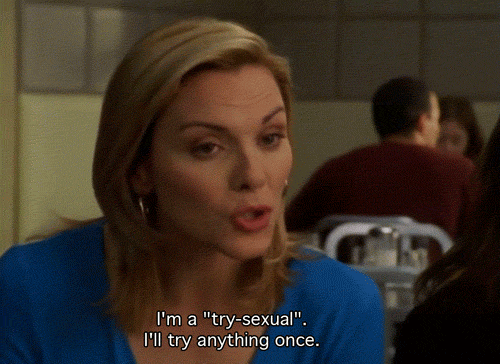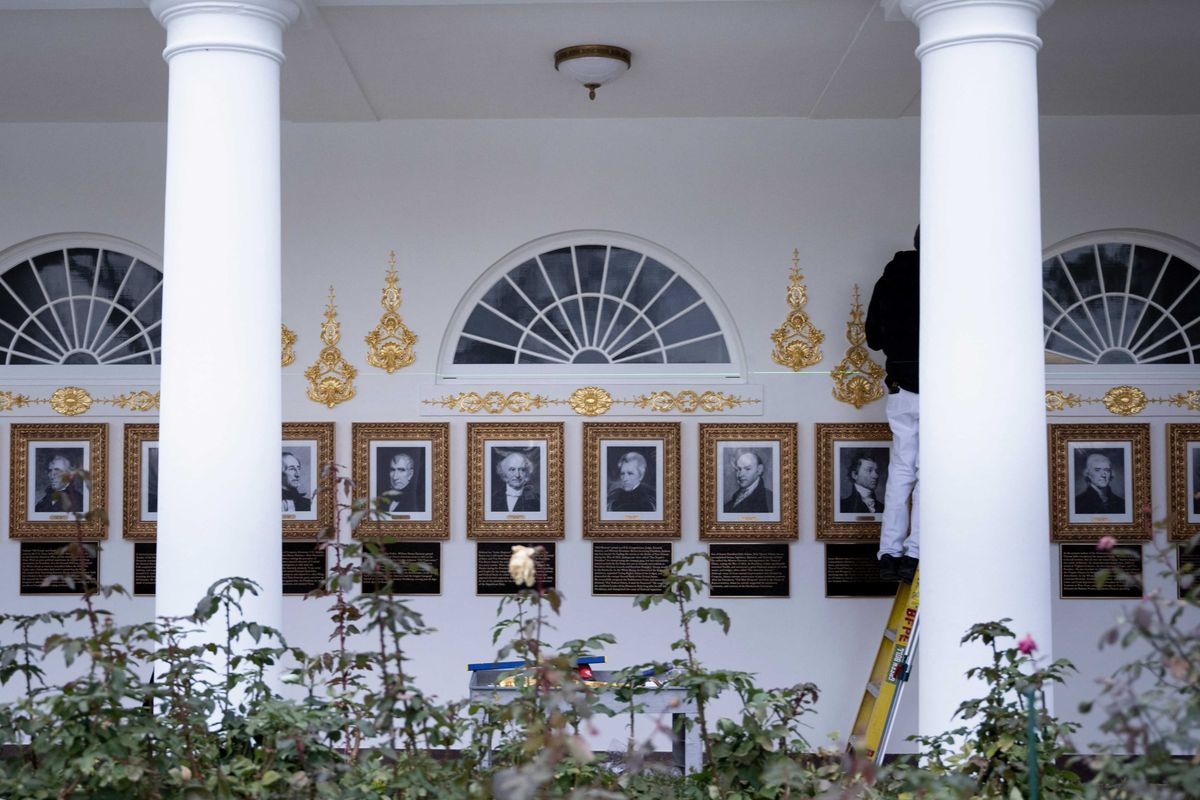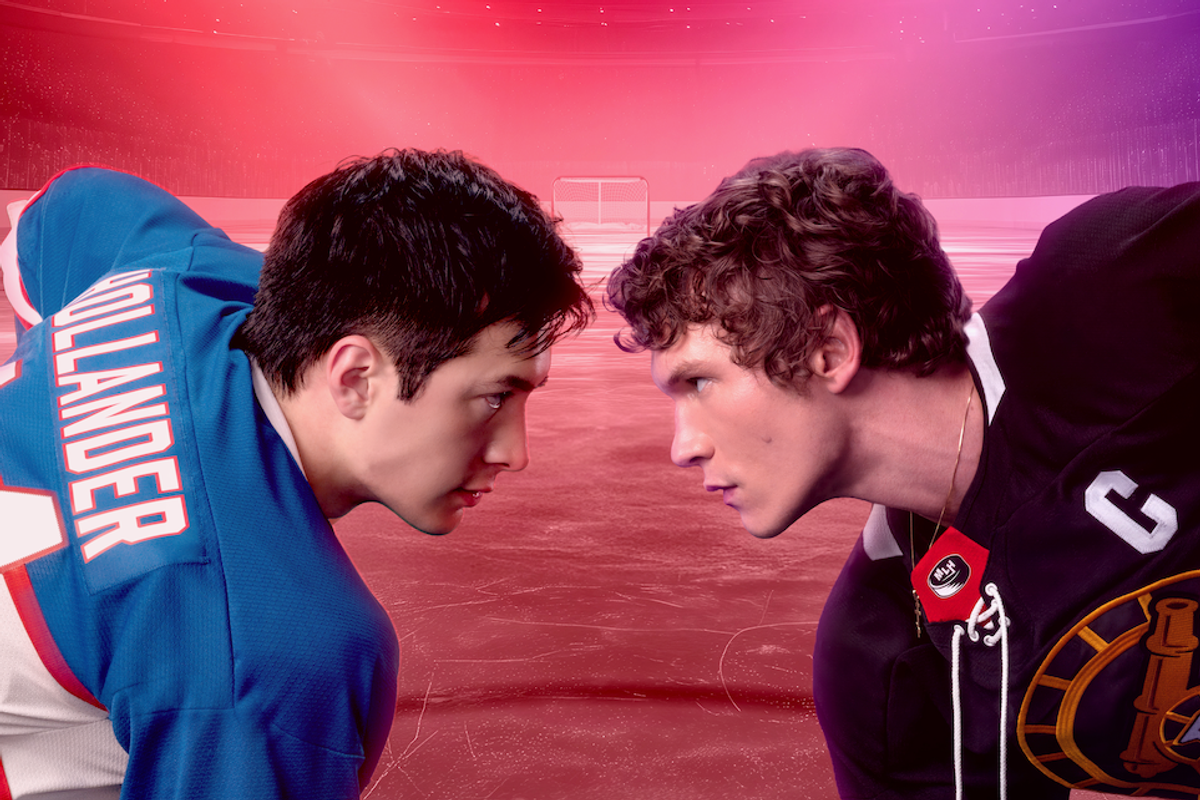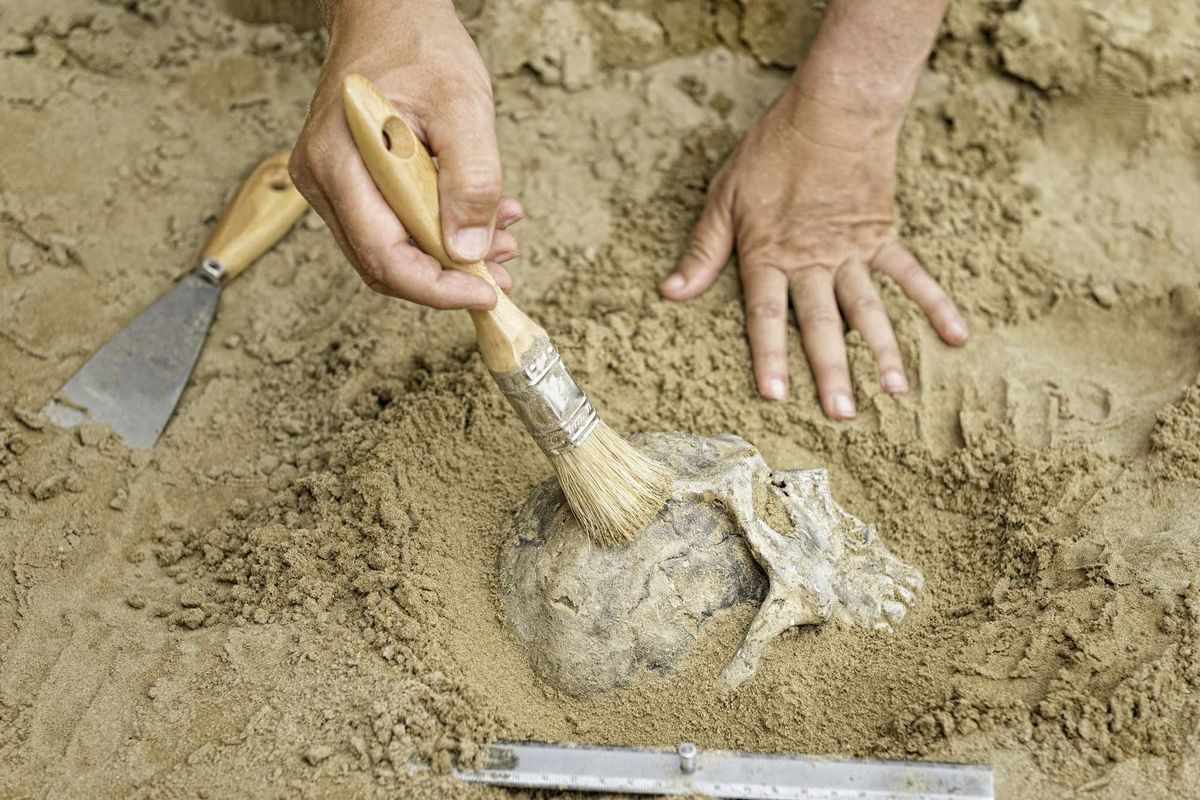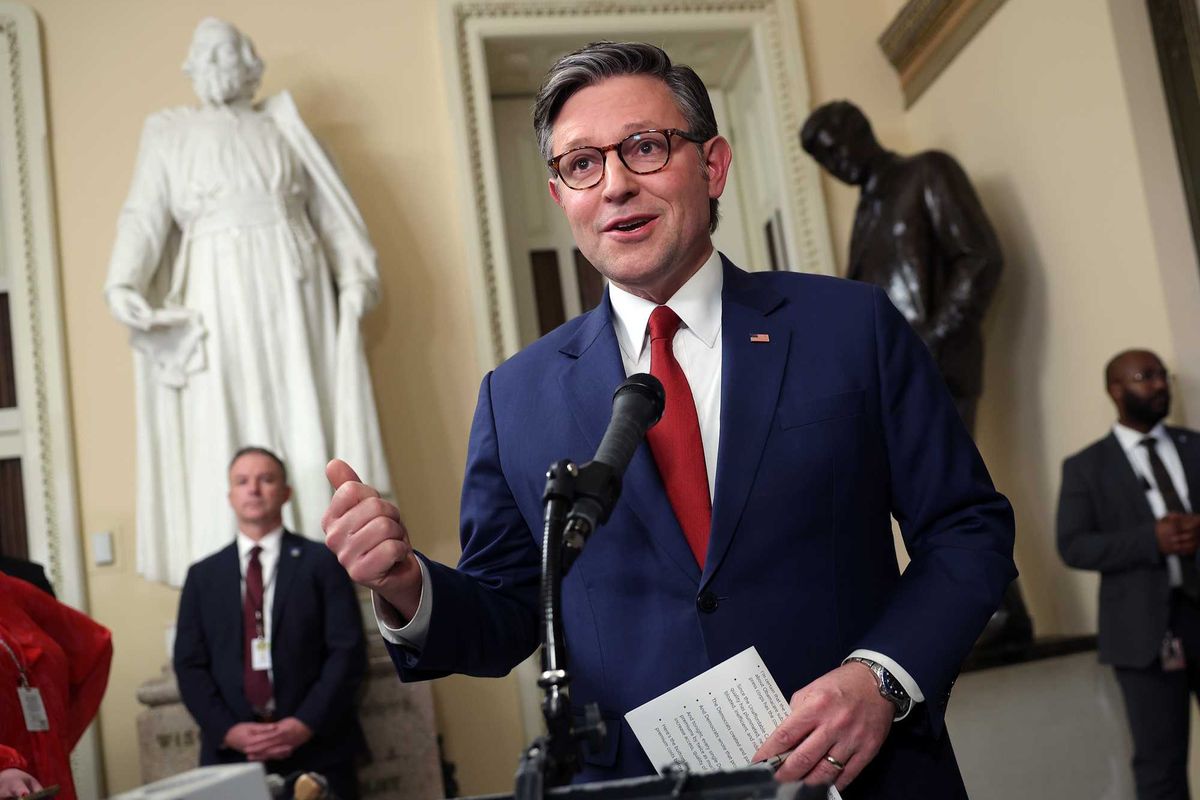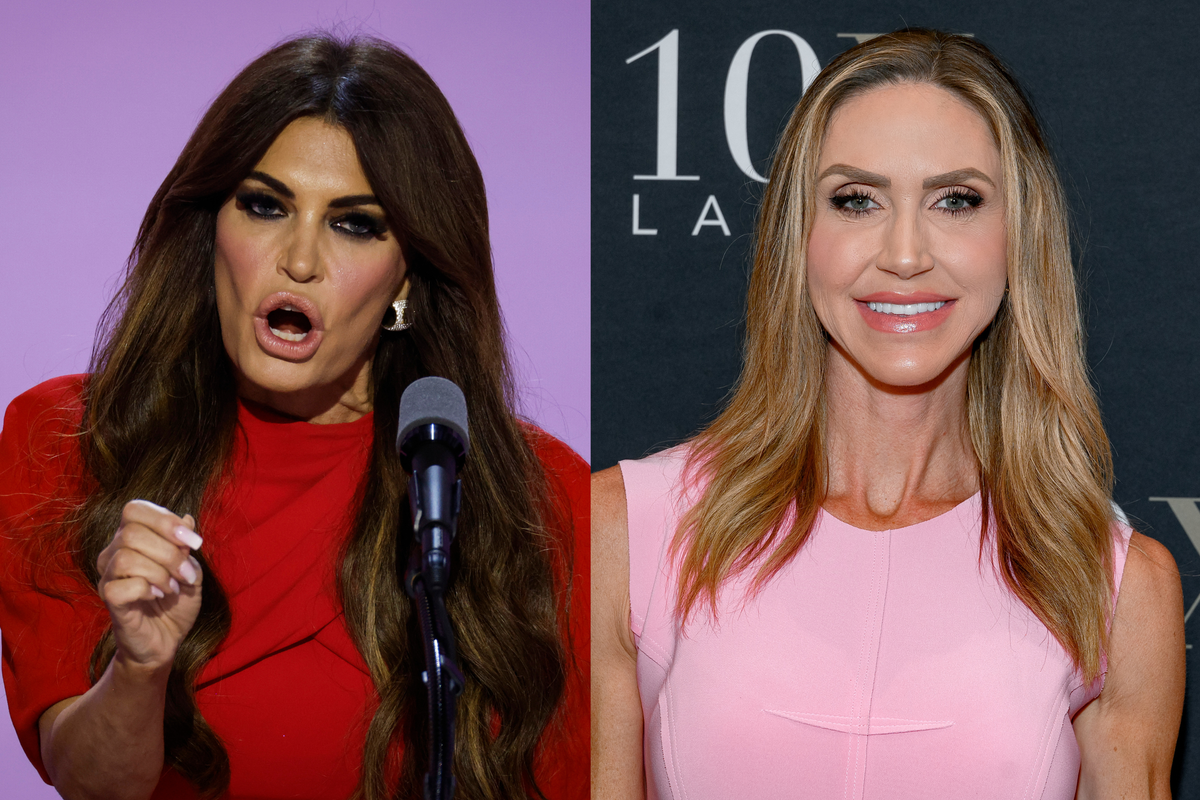News
Mimi Launder
May 15, 2018
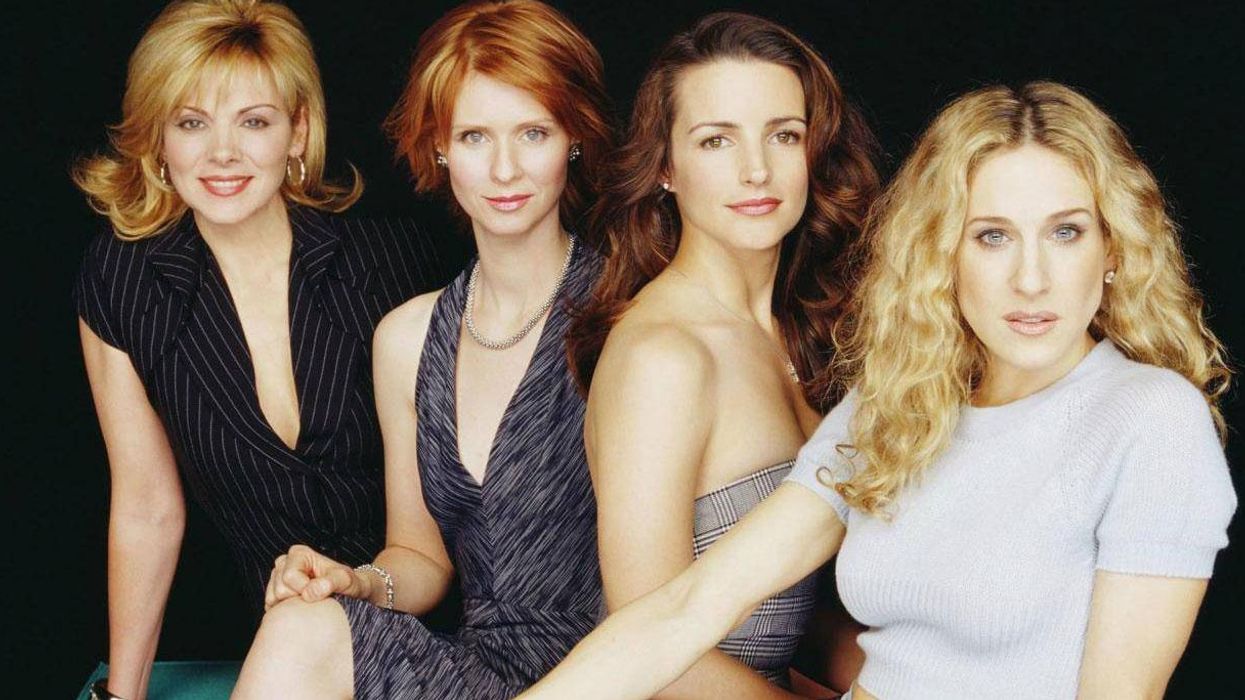
Sarah Jessica Parker had admitted that Sex and the City would be a "different show" if it was made today.
The Emmy-winning actor noted the show's lack of diversity in an interview at Wall Street Journal's Future of Everything Festival:
There were no women of colour, and there was no substantial conversation about the LGBTQ community.
The "enormous amount of change" in New York City since the show first aired in 1998 means Parker believes hit series would be vastly changed if it had aired today.
The series, which ran between 1998 and 2004 and has spawned two feature films, defined itself as a finger-on-the-pulse, no-holds-barred exploration of city life at the time.
But, in the light of 2018, its almost entirely white - and mostly rich - cast is exposed a backward, as is its treatment of the LGBT+ community.
Though it did attempt to position gay culture as unashamedly mainstream - with the girls frequenting gay clubs and the film featuring a gay wedding - the series was also chockablock with tone-deaf trip-ups, particularly when it comes to bisexuality and transgender people.
Carrie Bradshaw, played by Parker, dates a bisexual man in season three. What's wrong with that? Well, according to Carrie and her girlfriends, bisexuality probably doesn't even exist, it's just a "layover to Gaytown" and that "they always end up with men" anyway. It gets worse: Carrie's supposed to be a sex columnist.
Samantha - who, if not innocent of biphobia, at least appears less guilty - says she is '"try-sexual". She even enters a relationship with a woman, Maria. But this glimmer of progressive hope is quickly extinguished when her friends write it off as a phase and bitch about her.
Trans identities, still commonly maligned in mainstream culture, are unsurprisingly treated with even greater contempt. In season three, Samantha uses a transphobic slur to complain about trans sex workers living in her neighbourhood.
The portrayals of gay men in the films - particularly Carrie's pal Stanford and Charlotte's best friend Anthony - have also raised eyebrows. The pair are quickly and easily smitten with each other. Nothing wrong with that, but the problems start when this is the only portrayal of gay characters.
As Thomas Rogers argues for Salon, a gay couple instantly falling for each other illustrates a "clichéd, condescending hetero fantasy" that assumes "all a gay man needs to do to find love is be placed in the general vicinity of another gay person".
While heterosexual characters were portrayed with complexity - as, you know, actual human beings - the only gay couple got saddled with stereotypes (including a glitzy, kitschy wedding to match), Rogers argues. He explained:
Of course, there's nothing wrong with a glitzy, kitschy wedding, or a gay man who loves fashion, but the problem is the fact that, in the Sex and the City universe, that's the only form of gayness that exists.
At the event, Parker also said she would be interested in her character's take on the #MeToo movement if she was portrayed now, reiterating that Carrie is a product of her time:
I think Carrie Bradshaw is very much a product of her generation and I think her conversations about sexual politics and intimacy spoke to the years.
As always, those years prior to being a young adult inform your world-view.
I think that she would have a lot to say about this, and I would be curious to read [her] column if she could sit back and look at it.
More: Millennials are saying that The Simpsons is racist and offensive
Top 100
The Conversation (0)
